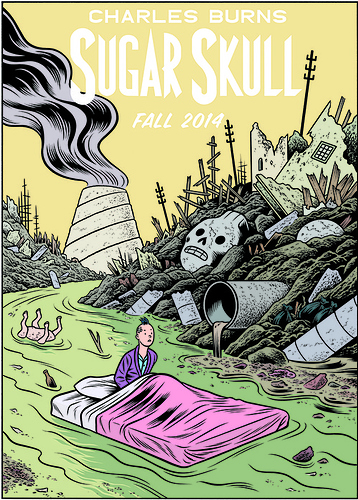Continuing the discussion from Needs and Tendencies — "What people are trying to do":
Designing the system 23/month
Site Feedback 12/month
Uncategorized 11/month
Big Questions 9/month
Start here 8/month
OGM Marketplace 5/month
Bringing OGM to the world 3/month
Resources 2/month
I noticed that on the front page of this Forum there is a count of posts per category. Current throughput is summarised above. 
I’m going to go ahead and assume that — in some sense — this reflects people’s actual priorities, at least in lieu of any stronger signals. For example, people are very excited about “Designing the system”, but much less excited about “Bringing OGM to the world”. The risk, of course, is that we fall into (*or over) the Waterfall methodology, rather than anything approaching an Agile mindset. See figure:
Naturally, the quoted numbers might be biased; and there are bound to be some second-order effects (e.g., I take it as given that people post much more on the mailing list than on the forum, despite the request from @peterkaminski that they stop doing that). Focusing on those effects might amount to bikeshedding. Nevertheless this is not to say that we should ignore all second-order thinking!
Mead’s paper concluded with a proposal directed at the ASC itself, that it organise itself in the light of the ideas with which it was concerned. That is, the practice of Cybernetics by the ASC should be subject to Cybernetic critique, an idea returned to specially by Ranulph Glanville in his time as president of the society. — https://en.wikipedia.org/wiki/Second-order_cybernetics
I’m sure people are interested in bringing OGM to the world, in fact! So, what are the obstacles to talking about this? To quote, rather than, paraphrase:
The real question, therefore, is to examine what are the constraints that exist inhibiting the expression of their group effort and self-help qualities designed to improve food and nutrition levels, clothing, shelter, health, sanitation, education and cultural life? The next question is how the rural communities can be helped to remove these constraints? What are the ways and means by which appropriate sciences and technologies can be integrated into the life of rural communities without disturbing their yet surviving cohesive qualities and without exposing them to further enslavement by such advanced knowledge and techniques? — A.T. Ariyaratne
One way to proceed could be via the Giant Wholeness Egg, but it seems to me that this would require commitment and buy-in from at least a few people. Would this be suitable for a “quest”?
Perhaps we can discuss this at our ongoing Group 1 breakout sessions @lovolution @kenhomer @Mila @maparent @Jerry

